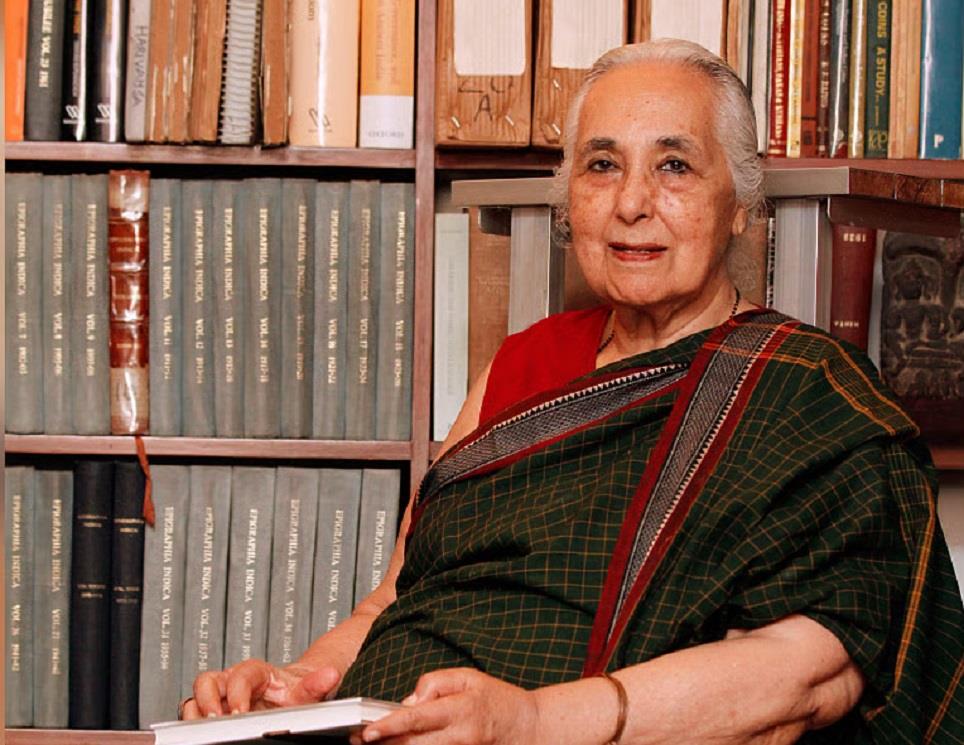
Appalled By 'Decimation' Of JNU In Last 10 Years: Romila Thapar
Romila Thapar. PTI File photo
New Delhi- Historian Romila Thapar has said Jawaharlal Nehru University and other centres of social sciences have suffered in the last 10 years, and those who were involved in their establishment are appalled by the“decimation”.
Thapar, who was speaking at the third Kapila Vatsyayan Memorial Lecture at the India International Centre here on Tuesday, said maintaining academic standards at JNU in the last decade has been“extremely problematic”.
“Some of us who were involved in establishing JNU in the 1970s have been appalled by the decimation that it has undergone in the last 10 years. This is not confined to JNU alone, as other strong centres of the social sciences have also suffered,” Thapar said.
She said they had succeeded in establishing a university that was highly respected at home and in the world outside.
“But in the last decade, maintaining academic standards has been made extremely, to put it politely, problematic. This was done in various ways, through appointing some substandard faculty, non-professionals dictating the curriculum and syllabi, attempts to rescind the earlier appointed professor emeritus, curtailing freedom to research and teach what academics regard as meaningful,” the historian said.
Citing the January 2020 incident at the university, in which an armed mob stormed the campus, resulting in injuries to students and faculty, the 93-year-old said the situation“went beyond academic mechanism”.
While mentioning the arrest of Umar Khalid without naming him, Thapar said,“political control over education silences intellectual creativity”.
“There have been arrests of students for criticising authority, and some of those arrested are still in jail without a trial, despite being there for the last six years.
“Intellectually purposeful education requires thinking with freedom...or is this control just another demonstration of the prevalent preference for anti-intellectualism. Speech can be silenced, but thought cannot be stilled,” the historian said.
She also criticised the“current methods of history education” in India by saying that“history is an easy prey because of the generally scant knowledge of history in the country”.
“It is unacceptable to professional historians, but it is acceptable to the members of the public who, in turn, quote it perhaps because of the generally scant knowledge of history in this country.
“The sciences, being more technical, are not fantasised. The social sciences analyse how societies function and are therefore less technical and more vulnerable. And history is an easy prey,” Thapar said.

Legal Disclaimer:
MENAFN provides the
information “as is” without warranty of any kind. We do not accept
any responsibility or liability for the accuracy, content, images,
videos, licenses, completeness, legality, or reliability of the information
contained in this article. If you have any complaints or copyright
issues related to this article, kindly contact the provider above.


















Comments
No comment